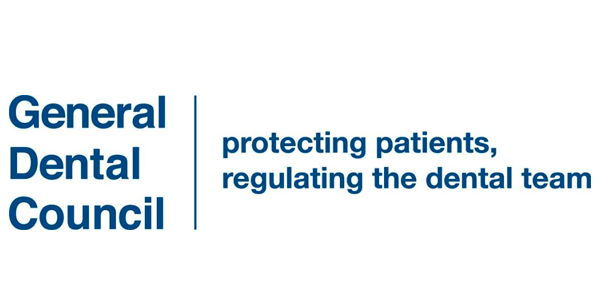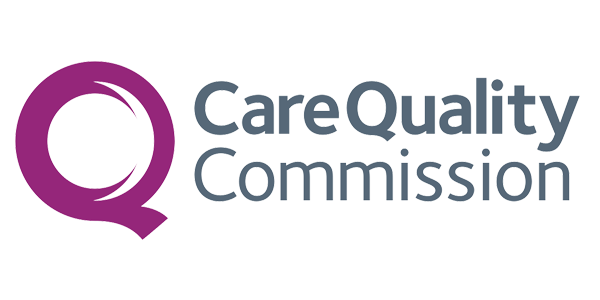In the last 10 years, Mouth Cancer cases have risen by 34% and an astonishing 103% over the last 20 years! One person every hour is diagnosed with mouth cancer and it can be fatal if caught too late or untreated.
What is mouth cancer?
Mouth cancer is also known as oral cancer, it’s a tumour that develops in the mouth. It could be on the surface of the lips, tongue, gums, palate, and cheeks. It can form in other parts of the mouth, throat, head and neck.
How to spot mouth cancer and the symptoms
Spotting mouth cancer early gives you a much better chance of beating it, with early diagnosis the chances of surviving are nine out of ten. Common symptoms of mouth cancer are:
- mouth ulcers that are painful and do not heal within several weeks
- unexplained, persistent lumps in the mouth or the neck that do not go away
- unexplained loose teeth or sockets that do not heal after extractions
- unexplained, persistent numbness or an odd feeling on the lip or tongue
- sometimes, white or red patches on the lining of the mouth or tongue These can be early signs of cancer, so they should also be checked
- changes in speech, such as a lisp or hoarseness in voice
- Struggling to swallow
You should check for mouth cancer every month if you can, there is a simple step by step guide to do at home if you aren’t sure what to do. When you have a visit with our hygienists or dentists they will also check for any signs.
How is it caused?
Unfortunately we do not know what exactly causes mouth cancer however there are several factors that have been linked. The two main causes are tobacco and alcohol, this is because they are carcinogenic which means they contain chemicals that can damage the DNA in cells. Drinking alcohol or smoking can increase your risk of mouth cancer.
Recent cases have linked mouth cancer to the human papillomavirus (HPV). HPV is a major cause of cervical cancer and can affect the skin that lines the moist areas of the body. Practicing safe sex can help you reduce your chances of contracting HPV and there are now vaccines available to help fight cervical cancer, they are also likely to help reduce the rates of mouth cancer.
Other risk factors are:
- Chewing tobacco or smokeless tobacco
- Unhealthy diet
- Sunlight and sunbeds
- Oral hygiene
Can it be treated?
If caught early, mouth cancer may be treated. A small surgery is involved which has a high success rate. If you see any changes or symptoms listed above, contact your doctor or dentist as soon as possible so you can get checked out.
Living with mouth cancer
Being diagnosed with mouth cancer can be physically and emotionally difficult. It can be upsetting, frightening and confusing for both you and your family. You need to know that there is information and support available to help you with the process.
Having mouth cancer does not necessarily mean you have to give up work, you may need time off to recover and you may need to make adjustments to your working life and personal life. You have access to financial support to help with stopping or working part time.
The recovery period can be a difficult time for some mouth cancer patients. After treatment, patients may have problems with breathing, swallowing, drinking and eating. Speech may also be affected, and occasionally even lost. Facial disfigurement can also occur.
The team looking after you during your diagnosis and treatment will make sure you have all the resources available to you.
If you do see any signs or symptoms that you think needs checking out, please contact us and we can get you in to give you a health check. Call our team on 0191 259 6506.






